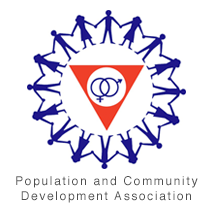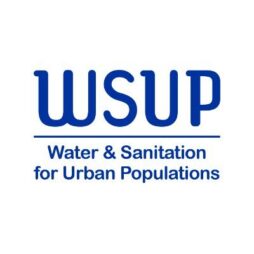
Latin American Stories, from Latin American Filmmakers: Solutions Inside Out, Season Two
Sky Dylan-Robbins - The Video Consortium , February 21, 2025
What happens when skilled visual storytellers and inspiring nonprofits from the same regions come together to document positive change in their communities? As an ongoing collaboration between the Video Consortium and…

Making Sanitation Everyone’s Business
Habibur Rahman - Water and Sanitation for Urban Populations , February 16, 2022
I remember walking into the offices of Dhaka Water Supply and Sewerage Authority (DWASA) along with my colleagues at Water & Sanitation for the Urban Poor (WSUP) nearly eight years…

Access to Clean Water and Safe Sanitation is the Missing Link in Urban Climate Adaptation
Clean water and safe sanitation services have the potential to play a major role in helping the poorest urban communities adapt to climate change, but more needs to be done…

Urgent Need of Our Time: Mission-Aligned Investments in Clean Water Combat Both COVID-19 and Climate Change
Alix Lebec - LEBEC, LLC , Shivani Garg Patel - Skoll Foundation , December 2, 2020
Climate change threatens the global water supply, particularly within lesser developed countries and emerging markets that have seen decades-long shortages in the investment of clean water infrastructure. With the onset…
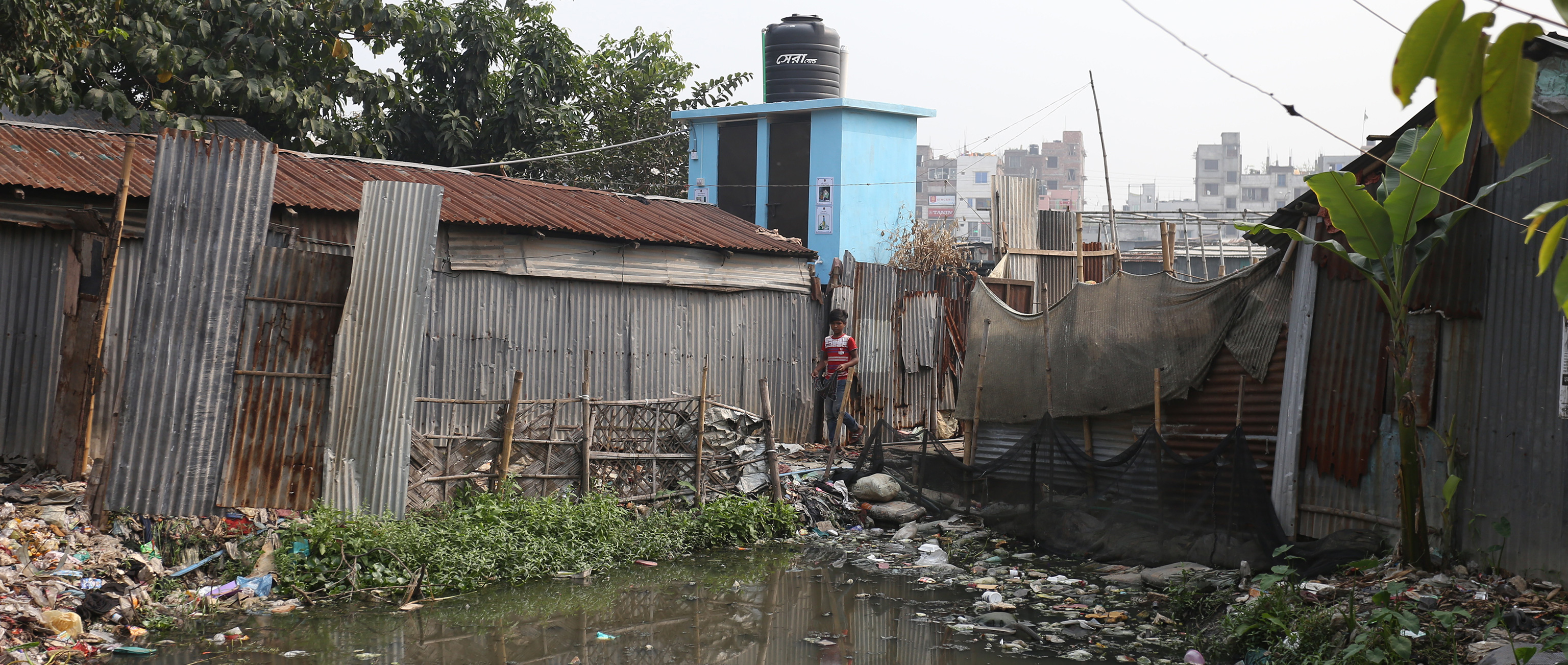
Rebuilding to Prepare for the Next Water and Sanitation Crisis
Steve Metcalfe - Water & Sanitation for the Urban Poor , September 1, 2020
The Covid-19 crisis has been a powerful reminder of the urgent need for improved water, sanitation and hygiene around the world. Particularly for people living in densely populated urban communities,…

What to Do During a Pandemic in a World of Water Inequality
Rich Thorsten - water.org , August 25, 2020
Since the day COVID-19 arrived in your country, how many times have you washed your hands? It’s probably an impossible question. The 20-second interludes have become a part of life.…

It Took a Pandemic to Show that Handwashing is a Lifesaver—and a Privilege
Patrick Moriarty - IRC International Water and Sanitation Centre , Eleanor Allen - B Lab , May 4, 2020
It took a global pandemic to raise the world’s awareness of the importance of handwashing and access to clean water – basic services that over 2 billion people in the world still lack. Many of us in the US and…

Why Water and Sanitation are the Foundation for Sustainable Development
Eleanor Allen - B Lab , August 26, 2019
Water For People's goal is clear and ambitious: lasting quality water services for every family, clinic and school—forever. When people have access to clean water all the time, their lives…

Tapping Small Loans for Toilets and Safe Water Unleashes Women’s Potential
Zehra Shabbir - Water.org , August 21, 2019
Women who lack access to life’s basics know exactly what they need. And they’re getting it. As different as everyone’s life may be, there are a few basic human functions…
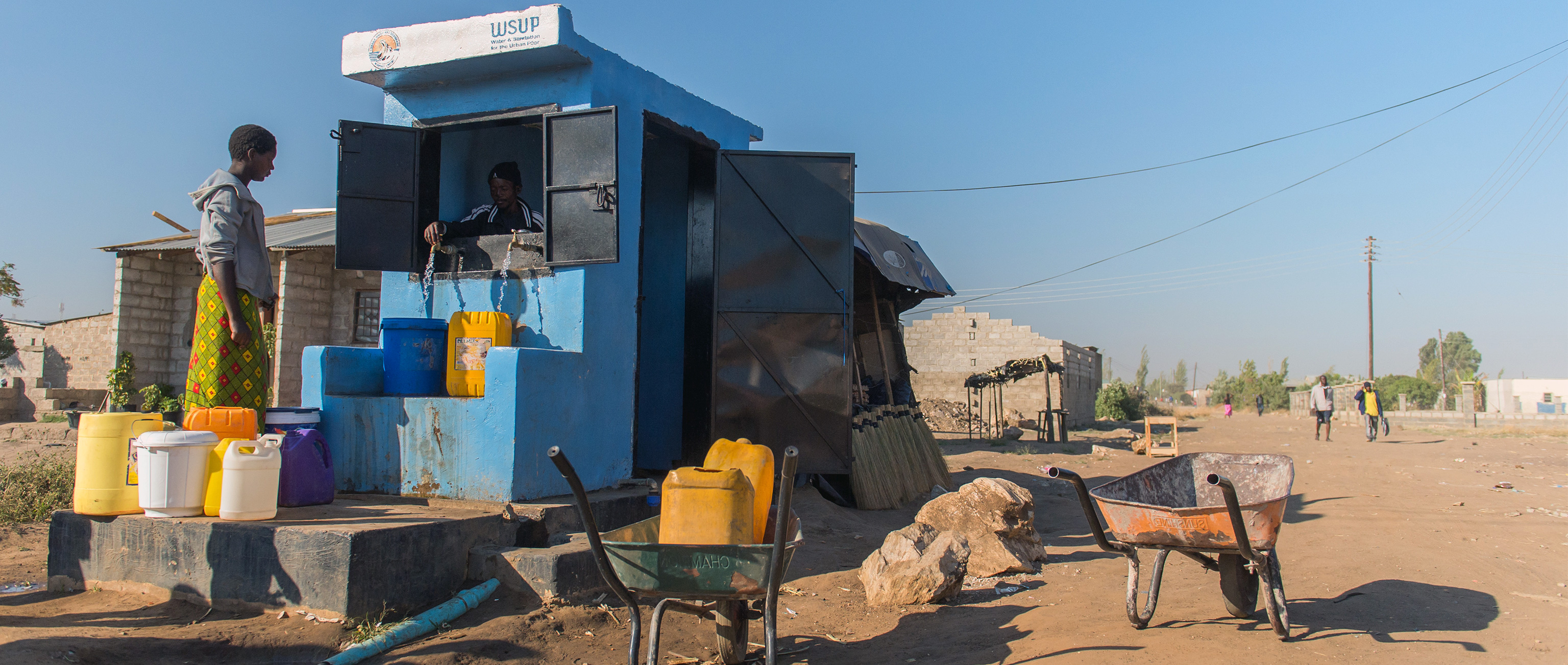
How Five Dangerous Myths Keep Water and Sanitation from 883 Million People
Neil Jeffery - Water and Sanitation for Urban Populations , August 1, 2019
What does it mean to give one person access to clean water or safe sanitation? For them and their family, it means the world: dignity, health, more time to work, study,…

Our Vision for a 21st Century Water Service Provider
Neil Jeffery - Water and Sanitation for Urban Populations , March 20, 2019
There’s nothing more important to human life than clean, reliable water. It’s the first, and most basic of needs, something we cannot live without for more than a few days.…

How to Spend a Billion Bucks? The Global Water Crisis
Gary White - Water.org , September 25, 2018
How would you spend a billion dollars? Gary White knows what he will do. The Water.org CEO and co-founder says his organization has reached the $1 billion milestone in its…

How to Improve Sanitation Across an Entire City: the Case of Visakhapatnam
Neil Jeffery - Water and Sanitation for Urban Populations , August 29, 2018
Half of the one billion people in the world who still defecate in the open live in India. Poor sanitation in India is not just a rural issue: at least…
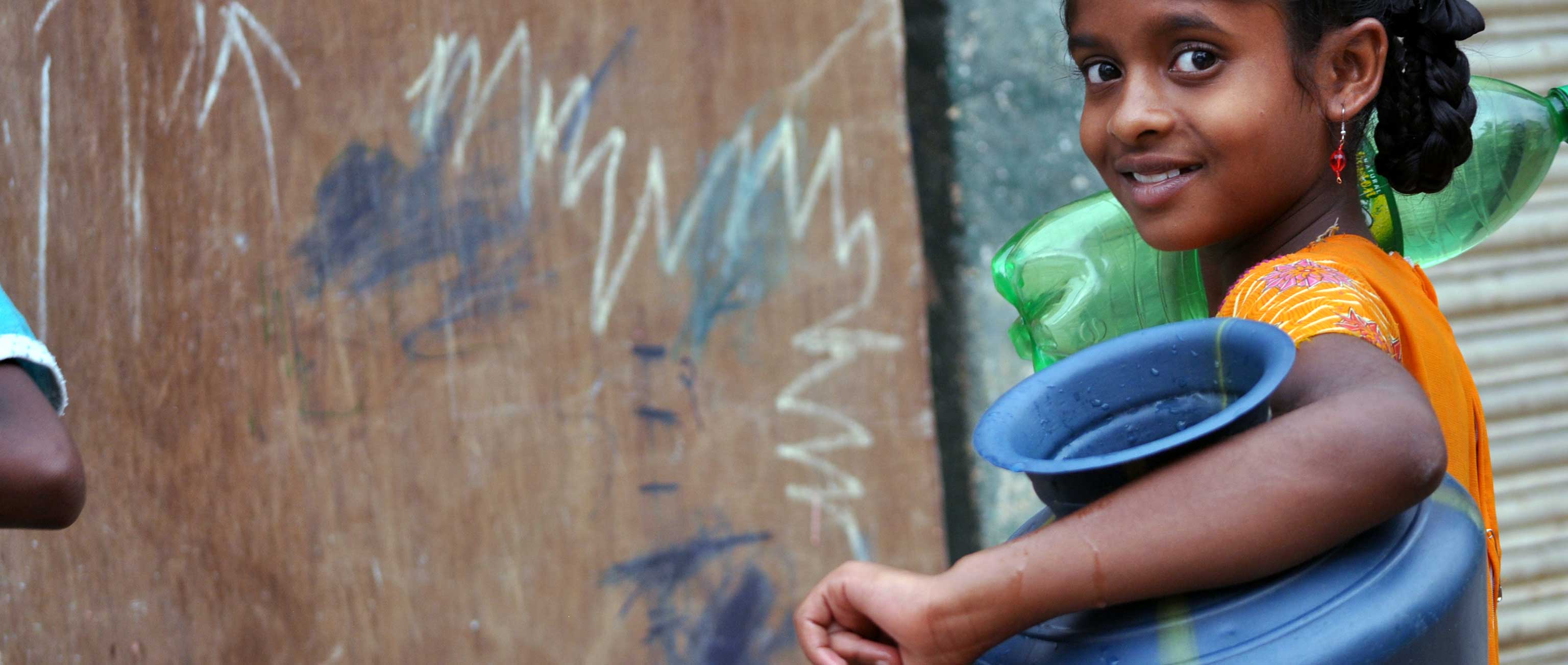
The Power of Water Micro-Lending as Income Enhancer
Vedika Bhandarkar - Water.org , April 4, 2018
Her smile is truly as warm as the tea she prepares each morning to sell from her home in Mysore, Karnataka, India. Past the mint and chamomile drying in the…
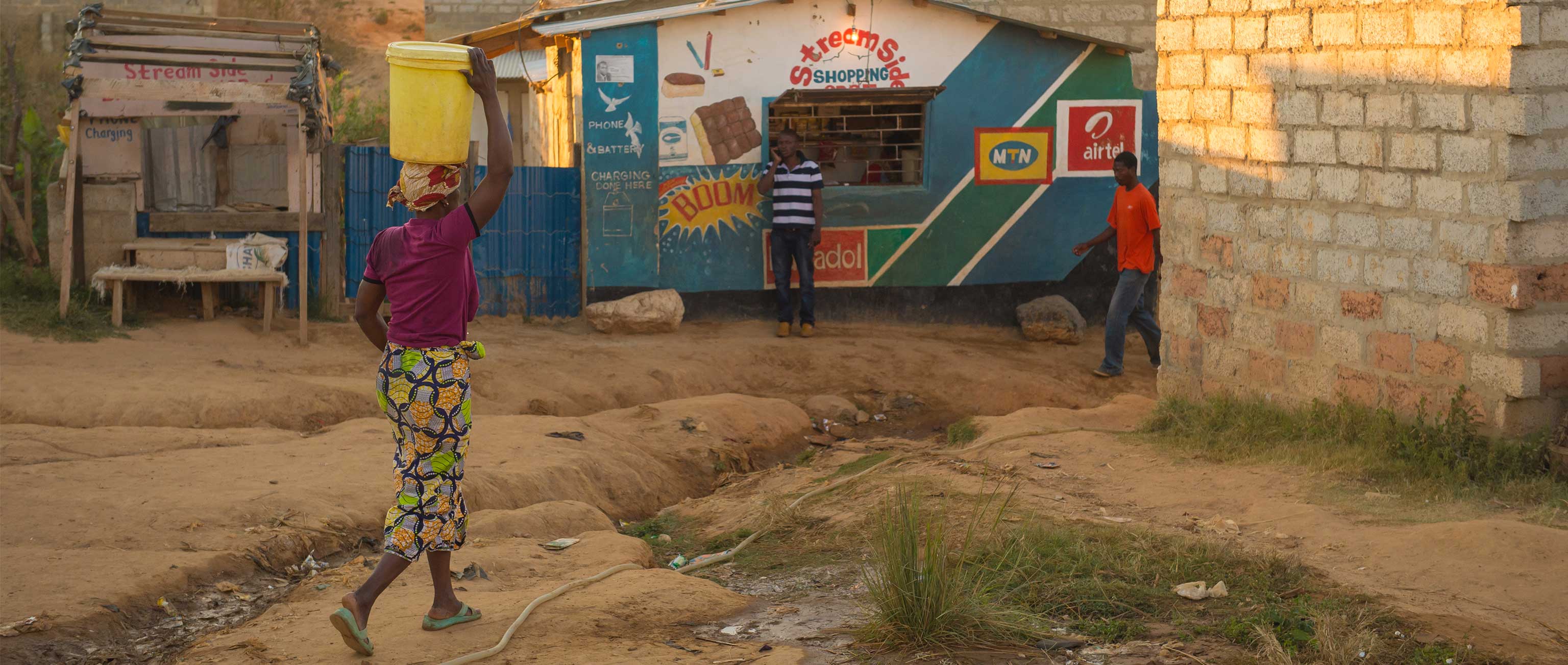
From Direct Action to Advisory Services: A Pathway to Scale for Social Entrepreneurs
Sarah Miers - Mulago Foundation , March 27, 2018
A central question for any social entrepreneur with a proven, effective innovation is how to scale its impact. For many organizations and funders, the answer to this question is elusive.…

Designing for Resilience in an Era of Water Stress
Anna Zimmermann Jin - Skoll Foundation , September 21, 2017
Erratic rainfall, extreme droughts and floods, and deterioration in water quality brought on by climate change will intensify existing water stress and water allocation challenges. By 2025, absolute water scarcity…

Our Commitment to Urgent Climate Action
From water resource management and food production, to disease and conflict: climate change exacerbates underlying vulnerabilities. As the severity of these impacts increase over the coming decades, poor communities in…

Skoll World Forum 2017 Reflection: Global Health, from Innovation to Implementation
Ruth Norris - Resources Legacy Fund , April 27, 2017
"Global health is a marathon, not a sprint." -- Barbara Bush, Global Health Corps The race often starts with great excitement over big breakthroughs: new vaccines and treatments, new technologies…

How We'll Get Universal Access to Safe Water in Latin America
Mark Duey - Water For People , March 22, 2017
Universal access to safe water in Latin America? How is this possible to achieve in a region where some of the most beautiful tourist destinations in the world have signs…
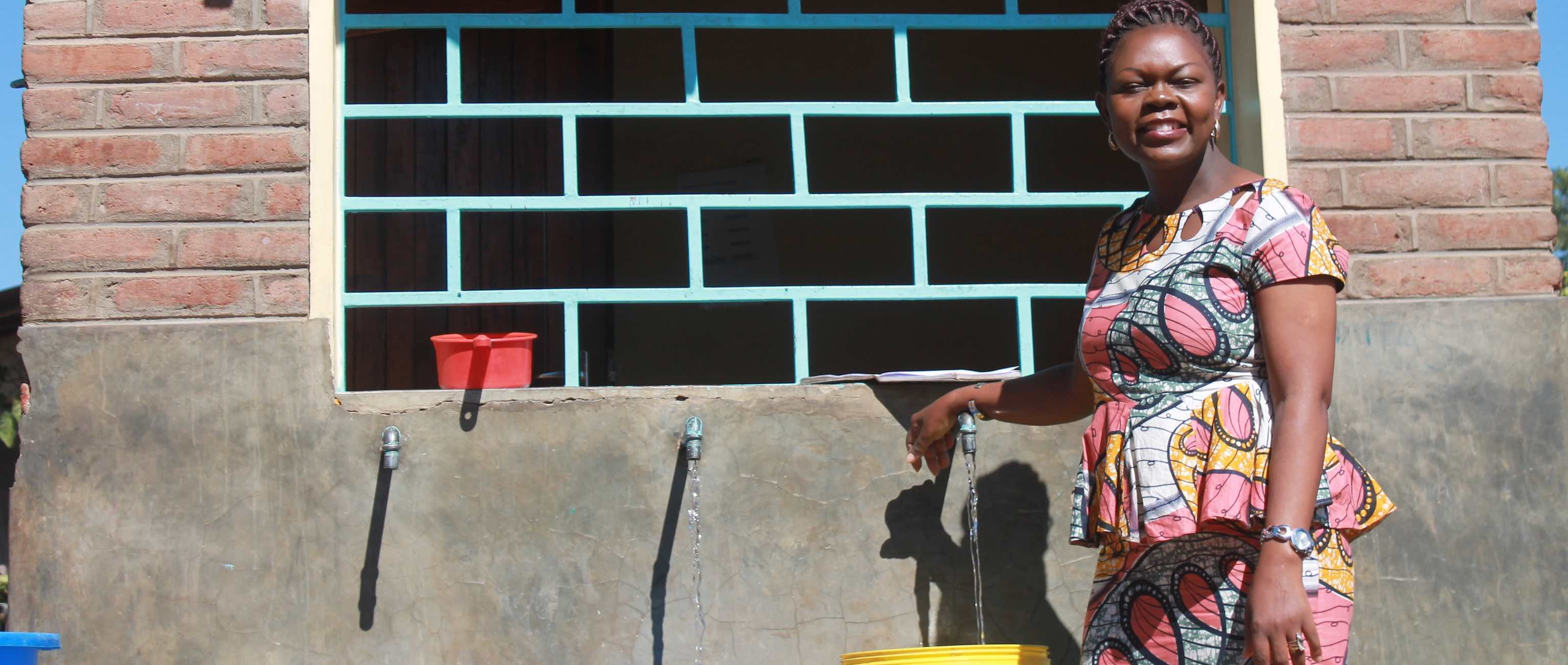
Toilets, Taps, and Triumph for Women
Eleanor Allen - B Lab , October 20, 2016
I met Maria when I was a Peace Corps volunteer in the Dominican Republic. She was three years old—smiley, pudgy, and fun. I lived with her grandparents. We spent a…
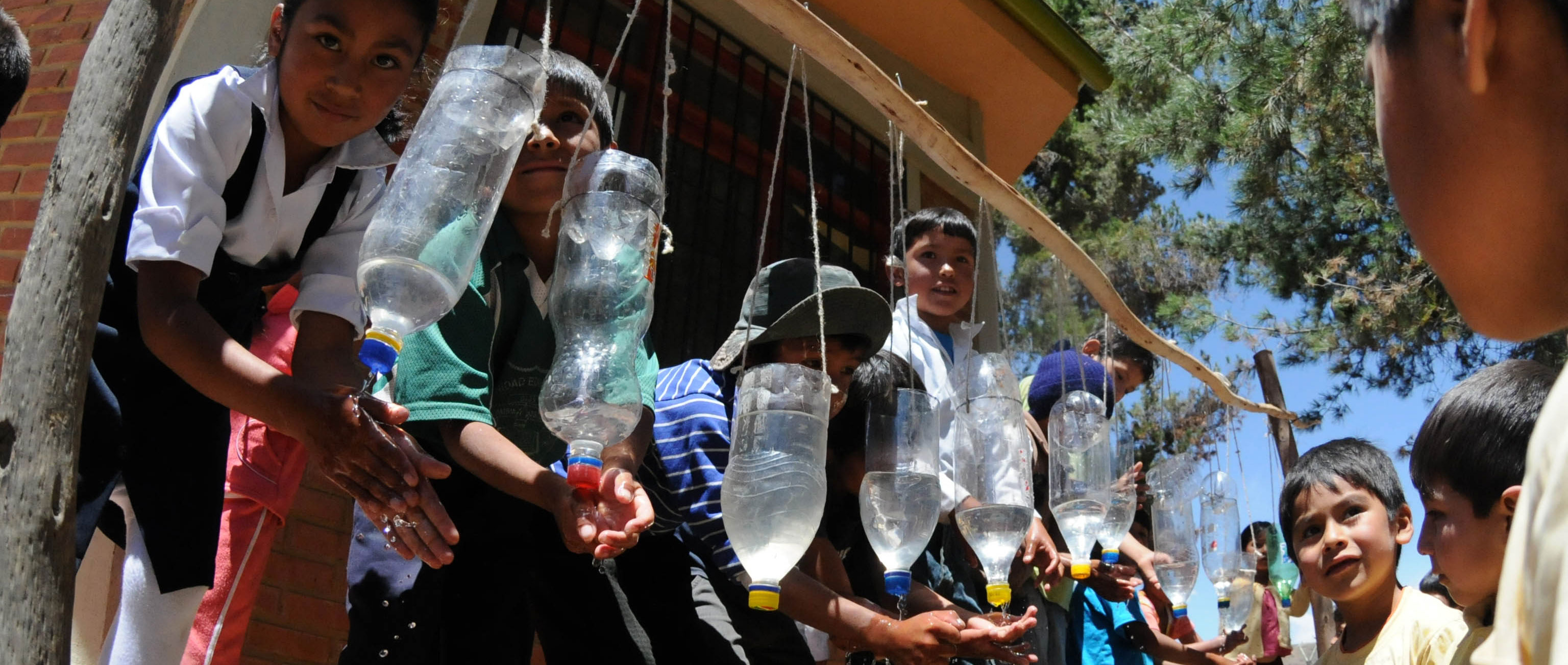
Universal Access to Sanitation: How Do We Get There?
Joony Moon - Skoll Foundation , August 31, 2016
In honor of World Water Week: a look at water and sanitation and the Sustainable Development Goals (SDGs). This article was originally posted in September, 2015. The world achieved the…
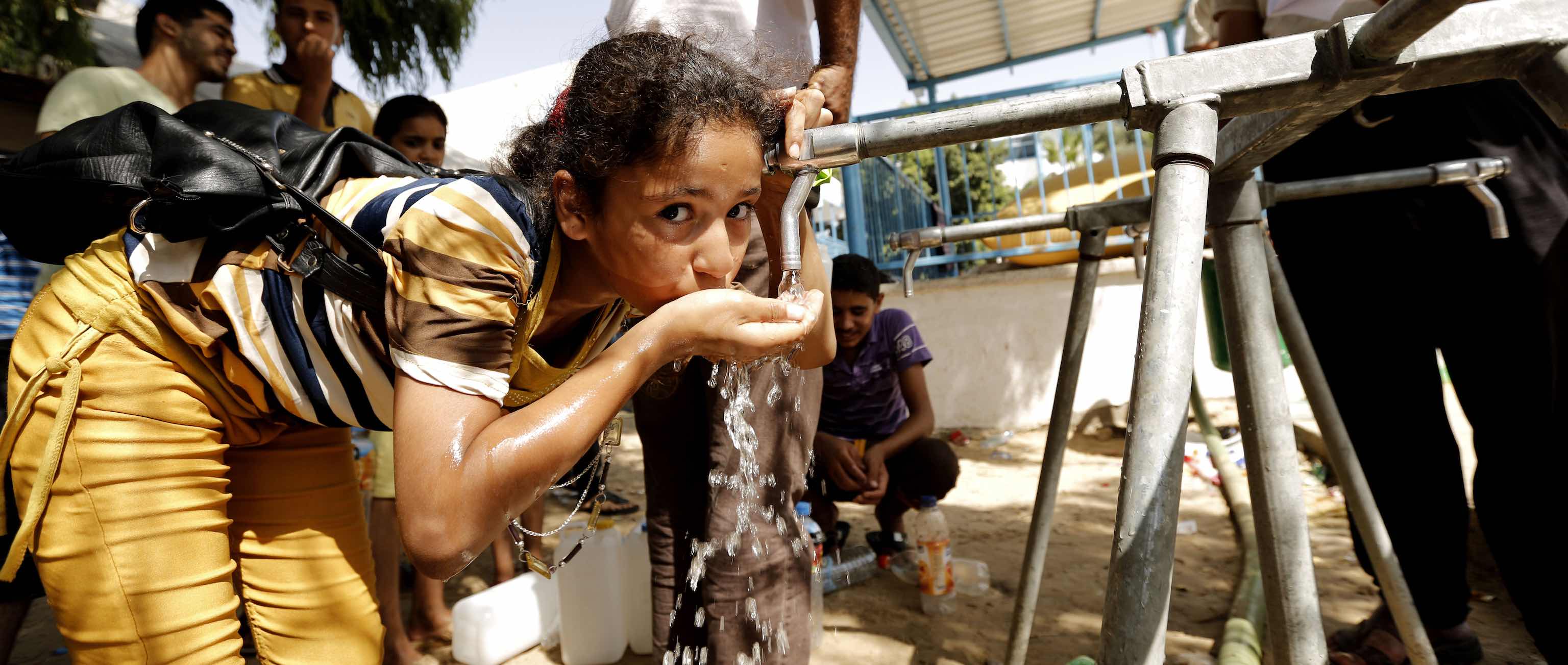
New Hope That Water Can Be a Bridge to Mideast Peace
Hilik Bar - Israeli Knesset , Gidon Bromberg - EcoPeace Middle East , July 21, 2016
Israelis and Palestinians often play the blame game on the crucial issue of water. Palestinians scream “water apartheid” and Israelis respond with accusations of a “sewage intifada.” But recently there…
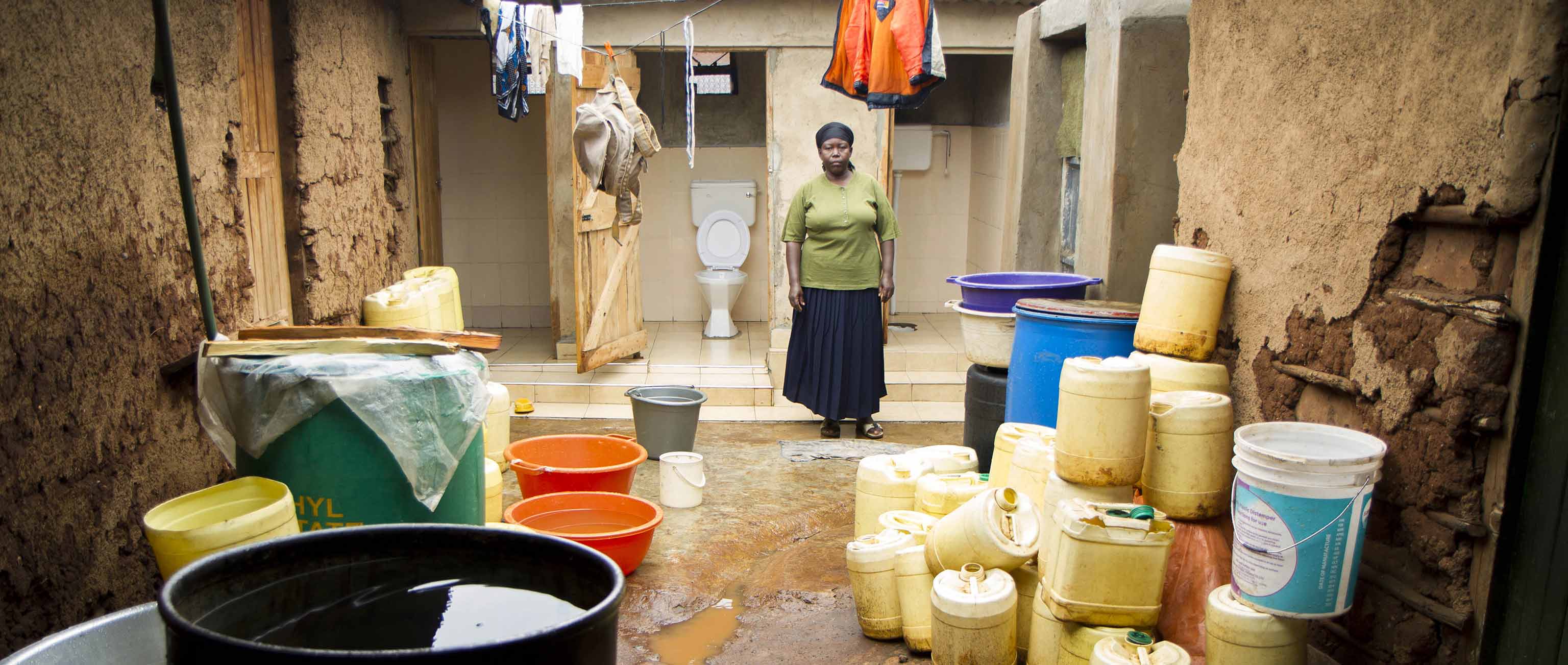
Sanitation for all: The Other Side of the Global Health Coin
The world achieved the Millennium Development Goal (MDG) of halving the proportion of the population without sustainable access to safe drinking water in 2010—ahead of schedule. But progress towards sanitation…

Feliciano dos Santos in Conversation with Ned Breslin
Feliciano dos Santos - ESTAMOS Organização Comunitária , Ned Breslin - The Invitation , July 3, 2014

Water, Water Everywhere: The Paradox of the 21st Century
Greg Allgood - Procter & Gamble , Phil Falcone - Harbinger Capital , Luis Montoya - PepsiCo , Gary White - Water.org , Sylvia Lee - Skoll Global Threats Fund , August 27, 2013

From Per Capita To Pro Capita: Launch of the Social Progress Imperative 2013 Skoll World Forum
Ngaire Woods - University of Oxford , Judith Rodin - Rockefeller Foundation , Michael Porter - Harvard Business School , Michael Green - Social Progress Imperative , Madhav Chavan - Pratham , June 27, 2013



